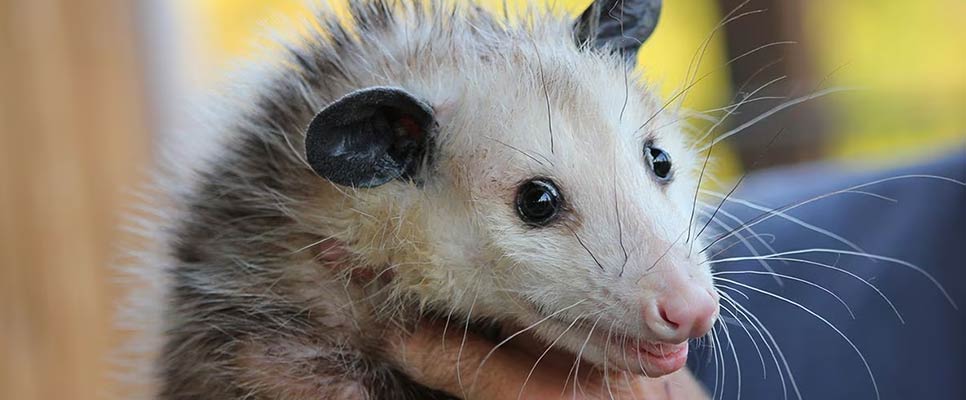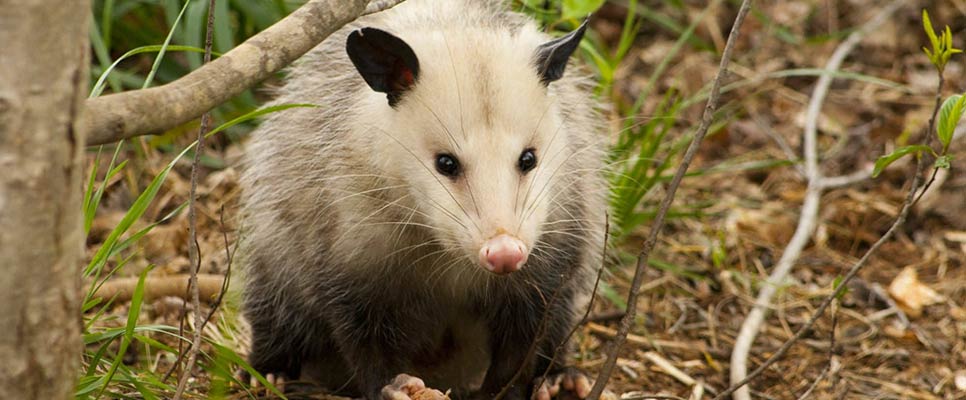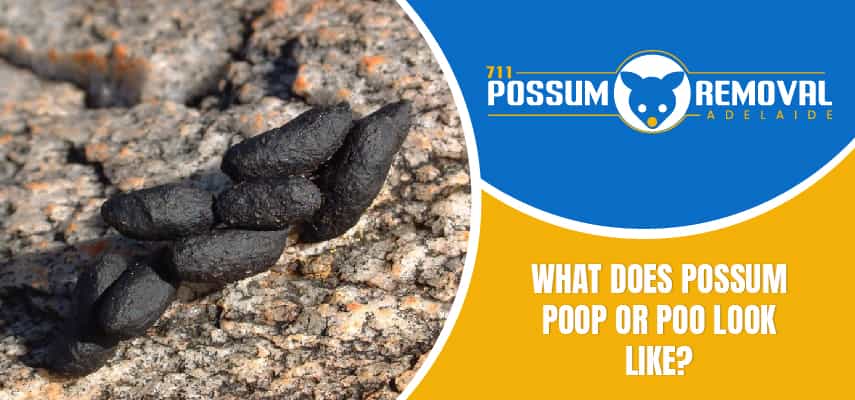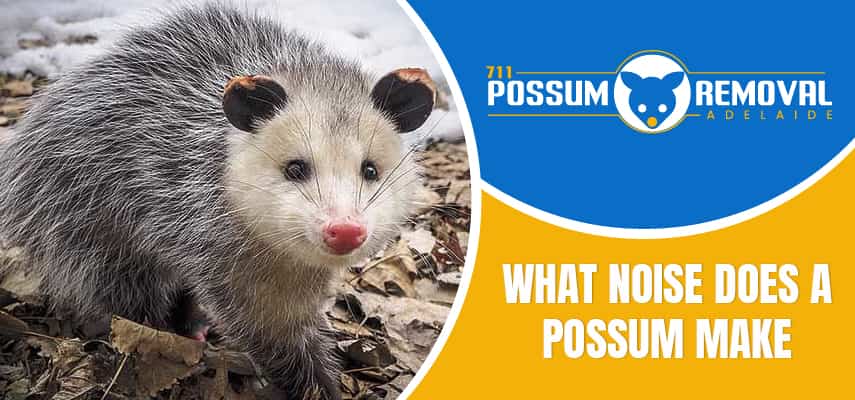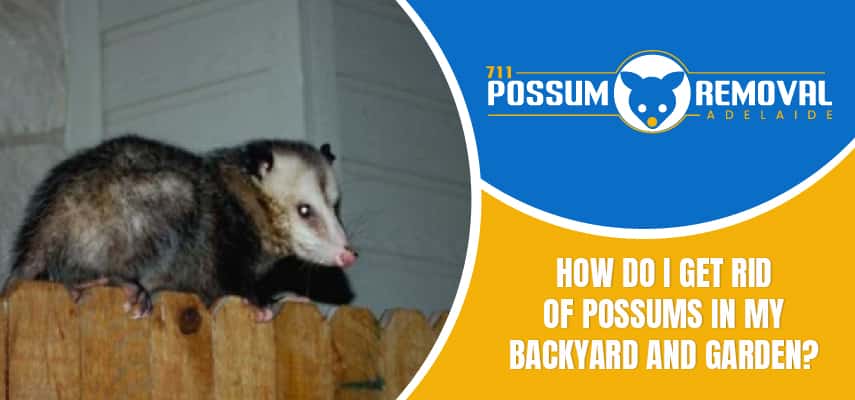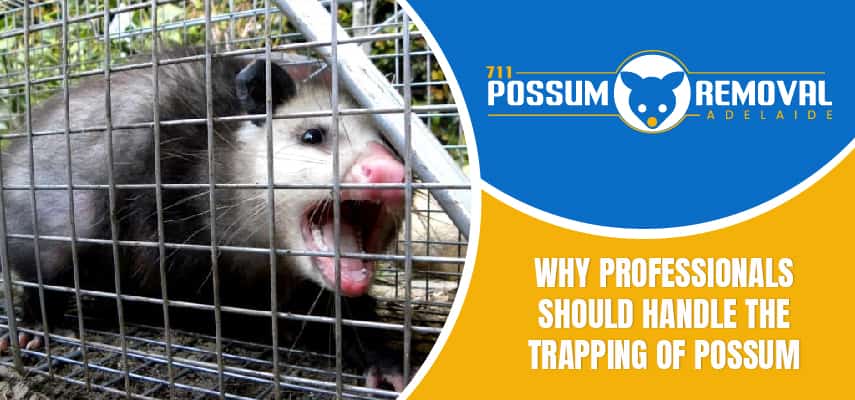Possums, those nocturnal creatures with furry tails and bright eyes, have long intrigued nature enthusiasts and homeowners alike. As we delve into the mysterious world of possum behaviour, one question that often arises is whether these creatures burrow or simply dig holes.
Join us on this journey as we unravel the secrets of possum habits, explore the intricacies of their burrowing activities, and even address the importance of effective possum removal strategies for homeowners seeking a harmonious coexistence with these fascinating creatures.
Possum Behavior: A Closer Look
Before we dive into the specifics, let’s take a moment to understand possum behaviour. Possums are known for their adaptability and resourcefulness, making them fascinating subjects for study. Unlike some animals that have specific behavioural patterns, possums display a wide range of actions, keeping researchers and observers on their toes.
Opossum Burrowing and Digging Behavior
Opossums utilize their well-defined feet to burrow, preferring tree cavities, garages, and attics. Shallow digging for grubs and insects is common, with hole openings around three inches in diameter. However, they do not dig deep holes themselves but repurpose existing ones, choosing man-made structures for temporary shelter.
Can Possums Cause Damage Under A House?
While possums under houses may not cause significant structural damage, their presence can lead to various issues.
Damages Caused By Possums Under The House
The Silent Intruders
Possums, seeking shelter, often find their way beneath houses, creating a cozy hideout. Unfortunately, this seemingly harmless act can lead to structural issues that compromise the integrity of your dwelling.
Structural Undermining
One of the most significant concerns is the undermining of the house’s structure. As possums tunnel and nest, they may damage the foundation and support beams, posing a risk of collapse over time.
Chewed Wires and Electrical Hazards
Possums are notorious for their gnawing tendencies. When they infiltrate the space under your house, they might chew on electrical wires, potentially causing short circuits and fire hazards.
Insulation Destruction
The soft insulation under your house can become a possum’s playground. Their playful antics lead to torn insulation, reducing its effectiveness and raising your energy bills.
Plumbing Predicaments
Possums are not discriminating when it comes to gnawing; pipes are fair game. Discovering a possum-chewed pipe can result in water damage and costly repairs.
Unpleasant Odors
Possums can introduce foul smells under your house. Their waste, urine, and decaying food debris can create an unpleasant environment, affecting the indoor air quality.
Garden Havoc
Beyond the house, possums may wreak havoc in your garden. Their nocturnal activities can damage plants, leaving you with a diminished outdoor space.
Mitigating the Risks: Expert Tips
Possum-Proofing Your Home
Implementing measures to possum-proof your home is crucial. Seal entry points, secure crawl spaces, and install mesh barriers to discourage possums from making themselves at home.
Regular Inspections
Frequent inspections of your house’s exterior and underbelly can help detect possum intrusion early on. Timely intervention prevents extensive damage.
Safe Repellents
Explore safe and humane repellents to deter possums. Natural alternatives like cinnamon or predator urine can be effective without causing harm.
Professional Removal Services
If possums have already infiltrated your space, hiring professional removal services ensures a humane and safe relocation of these creatures.
Conclusion
In conclusion, possums exhibit a complex array of behaviours, including burrowing and digging. Understanding the reasons behind their actions fosters appreciation and encourages responsible cohabitation with these intriguing creatures. By debunking myths and promoting awareness, we pave the way for a harmonious relationship between humans and possums.
FAQs
Possums can be garden intruders, but implementing protective measures can minimize their impact.
Yes, possums may burrow close to homes, seeking shelter and food.
While possum burrows themselves are not inherently dangerous, proximity to human structures can lead to conflicts.
Implementing fencing, using repellents, and securing food sources can discourage possums from digging in gardens.
Leave the possums alone, as they are generally harmless. If issues persist, seek guidance from local wildlife authorities.

